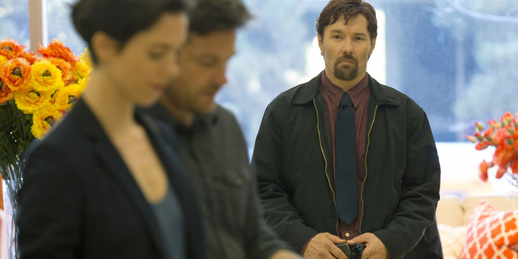 Joel Edgerton's directorial debut, The Gift, is a fun, twisty horror/thriller which subverts many tropes of the genre, delivering a devilish little yarn of a thriller that keeps the viewer guessing and engaged until its final frame. The film is centered around a young, happily married couple in Simon and Robyn, who have just relocated to the area of Simon's old stomping grounds, ensnared by a business opportunity they couldn't pass up. Their lives are going as planned, that isuntil a chance encounter with an old acquaintance from Simon's past, Gordo, threatens to shatter their marital bliss. The Gift is a film that starts in a very conventional way, being a dime-a-dozen "mysterious stranger" horror film that relies very much on ambiguous intentions of this character to create tension. Gordo is a character who doesn't come across as "socially normal", and through a series of encounters he has with Simon and Robyn, as well as a few mysterious gifts, the film sets up this expectation of the genre centered around Gordo, creating a quiet sense of unease around this character who seems like he could snap any minute. Everything is set up in the narrative for the viewer to expect Gordo to be the antagonist of this film which is exactly when The Gift subverts expectations, revealing that Gordo's actions and social anxieties may in fact be a bi-product of Simon's actions many years ago. The Gift's greatest attribute is its ability to keep the protagonist and antagonist of its story a bit of mystery through the back half of the film, as I found myself flip flopping a few times back-and-forth between the character's of Simon & Gordo, unsure whose side I am on. Having a clearly defined side is a major proponent of the horror/thriller genre but this film denies such expectations. The finale of The Gift is quietly sinister and I really enjoyed how the film itself captures the pain centered around uncertainty and simply not-knowing something one needs or wants to know. I won't go into details, but there is no blood spilled, no extravagant action/thriller set-piece, but a simple sequence which leaves Simon flattened, forced to live with a dark cloud of doubt hanging over his head for the rest of his life. Featuring solid photography, strong performances, and a nice brooding atmosphere, Joel Edgerton's The Gift is a solid directorial debut from the actor, a film that manipulates the expectations of the genre while delivering a story that starts off as a Mystery/Thriller, ends like a Revenge film, and along the way makes it very unclear to audience who they should be rooting for.
0 Comments
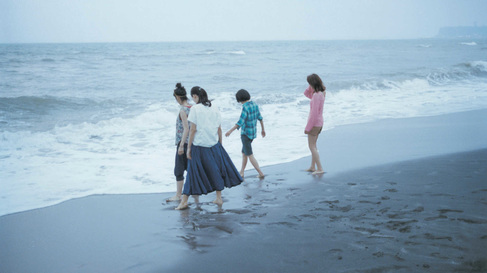 Hirokazu Koreeda's Our Little Sister is a pristinely photographed, kindly-spirited family drama that unfortunately comes off as a rather dull achievement, due at least in some part to the episodic narrative structure of the book in which it was based. The film's emotional core feels somewhat muted at times, and while I'd argue Our Little Sister doesn't have anything particularly new to say about family, The film does still feature Koreeda's directorial elegance, which does display some quietly resonant moments centered around growing up, life, death, and family. Quietly dramatic, the story is centered around three sisters, Sachi, Yoshino, and Chika, whom live together in their late grandmother's house in the city of Kamaruka. Since the departure of their father, who left home to be with another woman, the three sisters have lived alone in this house, taking care of each other and providing for one and other. One day, the three sisters learn of the death of their father, halfheartedly going to attend the funeral of the man whom they view as a traitor. While at the funeral, they meet their shy, half-sister Suzu, and immediately form a bond with the recently orphaned 13-year-old girl. Sachi, the surrogate mother of this group of three sisters, recognizes that her father's widow simply isn't equipped to raise young Suzu, inviting the young girl to come live among them in Kamaruka. Our Little Sister works far more than it doesn't due to strong characterizations, with each sister bringing their own baggage, character traits, and insecurities to the table. The film captures family well in that regard, showing how while these sisters may not see eye to eye on lifestyle choices, family decisions, or general personality traits, they are family, they have each others back, regardless of these vapid differences. Our Little Sister is a film that taps into the core of what family means, offering up a subtle examination of a young woman in Suzu who feels saddled by her parents' baggage. Suzu is a character who essentially was the one tasked with taking care of her father on her deathbed, and now living with her three older half sisters, there is a quiet sense of doubt and guilt which envelopes this character, a young girl who unjustly feels responsible for Sachi, Yoshino, and Chika''s father leaving them. Of course this isn't true, but Koreeda uses this ideal to explore the important aspects of love and forgiveness when it comes to family, as young Suzu essentially becomes a symbolic representation of the three older sister's connection with their deceased father. Through the maternal and sibling relationships that develop between these four sisters, Sachi, Youshino, and Chika are able to form a new connection with their father through their young half-sister, Suzu, coming to terms with the abandonment and turning it into an act of love. For Suzu, the relationship she forms between her siblings relieves some of her feelings of guilt and burden, letting her be exactly what she is, a a young girl who shouldn't have to have so much responsibility. In the end, Our Little Sister is tender and full of elegance but it just feels slight, which to be fair, may be more a biproduct of Koreeda's impressive film canon than a negative statement about the film itself. 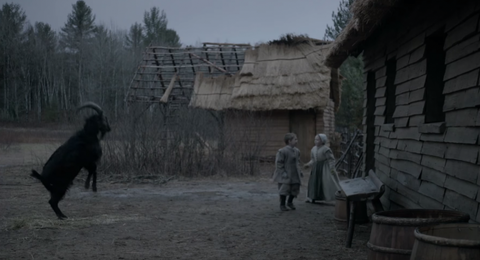 Robert Eggers' The Witch is a well-crafted, slow-burning horror film that takes place in New England circa 1930, following an English farmer and his family who have been banished from the church. Forced to leave the colonial plantation, the family which consists of five young children of varying ages, relocate to a remote piece of land which overlooks the ominous forest. When strange and unsettling things begin, suspicion and paranoia begin to mount among the family, ultimately challenging their love, faith, and loyalty to god and each other. Given the authentic look and feel of the time period which includes old English dialect, as well as tepid, atmospheric pacing, Robert Eggers' The Witch is a film that is going to frustrate some of the more mainstream horror fans, who will probably say the movie is "boring". The Witch is a film that understands what true Horror filmmaking should be about, which I would argue is evoking the essence of pure, unadulterated evil, regardless of the horror subgenre it inhabits. Through eerie sound design and cinematography that evokes a sense of voyeurism and unease, The Witch creates a brooding atmospheric tension surrounding these character, never relying on cheap thrills, jump scares, or excessive gore to get an arise out of the audience. What makes The Witch so interesting is how effortlessly and subtlety it uses the Christian theology to create a new story on the age-old concept of black magic, witchcraft, and demonic possession. The Witch captures the seductive power of sin which is such a major concept of the Christian perspective of the devil, with nearly every character falling victim to deception by the devil. From the Father's underlying deception centered around his cowardice, to the mother's longing and regret centered around the loss of a child, The Witch uses these character's emotional weaknesses as the way in for the devil, who infests their weakness to create breed evil and chaos. At one point the film basically has a scene where the devil is literally whispering into the ear of one of these characters, which some may find a little "on-the-nose", but I found it riveting fun. While The Witch can't be called the most original of concepts, the filmmakers have created a slow-burning horror film that captures the essence of pure evil, being a fun experience that understands atmosphere and tension go a long way. 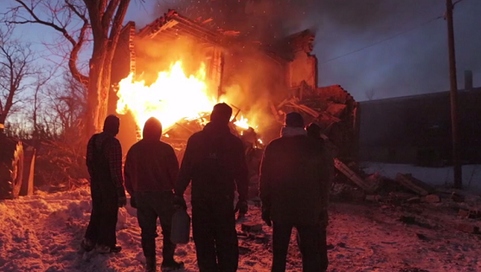 Michael Beach Nichols & Christopher K. Walker's Welcome to Leith is a all-consuming documentary that chronicles the attempted takeover of a small town in North Dakota by well-known, white supremacist Craig Cobb. Welcome to Leith is a rather eye-opening experience, exhibiting in great detail the emerging white supremacy hate groups in the United States, documenting the dangers they represent and how their way of accomplishing their mission is almost always fueled by hatred and violence. A gut-punch of a film, Welcome to Leith is a slow crawling horror film, which tells both sides of the story, documenting the effect Craig's arrival has on the townsfolk who wish to stand-up to such nonsense, as well as documenting Craig and his followers, as they plot to make Leith a mecca of sorts for members of that white supremacy movement. This film is downright terrifying at times, exhibiting how these homegrown extremist groups rely heavily on their rights as United States citizens, such as the right to free speech and bare arms, to organize and plot out their next move. Cobb himself uses the information age to his advantage, using the internet to post personal information of those who stand in his way, and unconventional definition of terrorism due to not being direct violence, but a method which I'd argue can be more damaging and ultimately deadly. Welcome To Leith itself turns into an elaborate, transfixing cat and mouse game between Cobb and his followers vs. the upstanding citizens of the small community of Leith, each using legalism and democracy to their advantage. While the pure documentation of such a fascinating and terrifying story is engaging in its own right, what makes the filmmaking of Welcome to Leith stand out is the ability of the filmmakers to remain rather objective as they document these two groups. While its hard for me as a viewer to not simply look at Cobb as some sort of the monster, the filmmakers themselves never fall victim to subjectivity, letting this man express himself and his beliefs to the camera without any manipulation by the filmmakers. This is a very powerful and important aspect of Welcome to Leith, as I'd argue that in doing so the filmmakers have created a thought-provoking study of legal status, and the protection of subversive or potentially dangerous ideologies in a system that was built around the rights of the individual. Potent, fascinating, and quite terrifying, Welcome to Leith is a healthy reminder that while many of us view terrorism as something carried out by foreigners, it's just as commonly a domestic issue, being planned and carried out in the rural countryside of America. 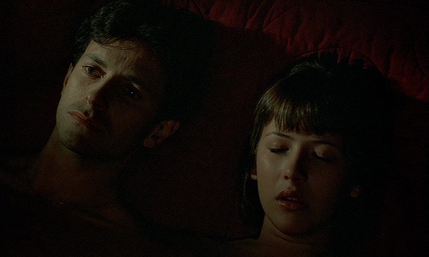 Andrzej Zulawski's L'Amour braque opens with a bank robbery sequence, and for anyone out there that knows Zulawski's shooting style, they can only imagine it is a great treat and I swear an inspiration for Christopher Nolan's opening sequence in The Dark Knight. If one ever wondered what an action film directed by Zulawski would look like, L'Amour Braque is the closest thing to it you're going to get. The story is for lack of a better word, a batshit insane love triangle between two men, Leon a man who was just released from some type of mental institute who now is posing as a Hungarian, and Mickey,a hood, who was the lead man in the opening scene bank robbery. The third piece of this triangle is Mary, who happens to be Mickey's boyfriend. For those not familiar, be prepared for a film thats narrative makes little sense, featuring absurdest drama and kinetic cinematography. The film's direction matches the world these characters inhabit, kinetic, constantly in motion, evoking a sense of oft-kilter energy where one never knows as a viewer what is going to happen next. The emotions in this film are heavily exaggerated at times, but I'd argue it completely fits the style of the narrative and what I believe Zulawski's main point is - living in a world without emotion and most importantly love isn't one worth inhabiting. Suffering is a major aspect of the movie, but in the end, L'Amour braque in a strange way captures how it's all worth it, with emotions being a powerful and important aspect that defines us as individuals. Throughout the film there are characters around are main three who believe in order, discipline, and social progress, and while I'm not smart enough to know about Polish politics, Zulawksi does seem to be saying something about the importance of freedom of expression, doing so in a way he only can. While it may be a stretch, I'd argue that L'amour braque has a lot to say about the male ego and feminine oppression, oppression but unlike politics or conservationism, Zulawaski seems to cynically suggest this battle, if you will, between man and woman is already over. Mary for me was by far the most compelling character in this film, a woman who has never experienced her own individualism, also being attached to a man due to her beauty. She is a tragic character, a woman who feels like she destroys everything she loves, and the ending offers no solitude, doing so in a way that shows how little say she truly had in the matter of a love triangle with two men. One could think of L'Amour braque as an intellectual crime drama, but perhaps the best way to describe this bizarre but kinetic experience is emotional chaos, with Zulawski, along with the actors, injecting an energy into the film that depicts emotion in its rawest state. 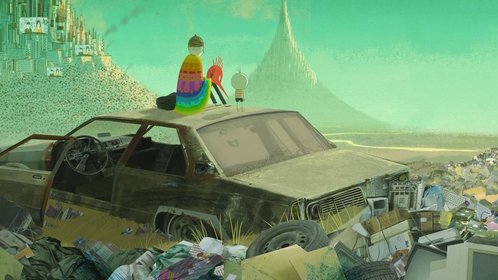 Featuring beautiful hand drawn animation that is simplistic but simultaneously lush, Ale Abreu's The Boy and the World tells the story of Cuca, a young boy? whose life is shattered when his dad leaves their rural home to work in the city. The Boy and the World is a film told entirely through this young boys POV, using vibrant and immersive animation which truly captures the curious nature and confusion that comes with youth. The creative animation aids in creating a great sense of wonder, evoking the feelings of this young boy who is trying to make sense of the world around him. Animation is far from my strong suit as a cinema nerd, but Boy and The World stood out for its ability to use dynamic editing, creative transitions, and well-placed compositions that get into the psyche of this character in a very cinematic way. While I wouldn't exactly describe Boy and the World as hard to follow, it is a film that requires that the viewer pay attention, as the narrative itself provides little exposition. To be honest, even if you don't follow it, you'd probably enjoy it on some level just for the beautiful imagery. Anyway, the narrative isn't really the most interesting aspect when considering that thematically Boy and the World is a rather seething commentary on modern society. Through the narrative that finds young Cuca going from the beautiful rural country to the big city in search of his father, the film depicts a clash between rich and poor, nature and industrialization, urban and rural. Boy and the World is a film not only against capitalism and humanity's obsession with money, but also humanity's obsession over power, showing how society destroys nature and dehumanizes anyone necessary for the sake of profits. I particularly liked Boy and The World's depiction of an oppressive government, linking entertainment such as sports, and retail, basically consumer commerce in general as merely distractions of a oppressive government, used to sidtrack the public from the real problems. A tapestry of great complexities about issues plaguing society from corporate greed to oppressive regimes, Boy and the World is a hand drawn animation that is larger than life. 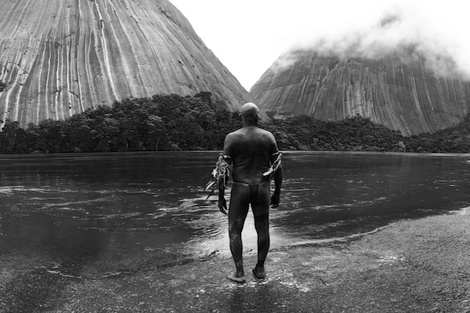 Transfixing, profound, and metaphysical, Ciro Guerra's Embrace of the Serpent is a film about the relationship which unfolds between Karamakate, an Amazonian shaman who is the last survivor of his people, and two scientists, each of which is linked by their search of Yakruna, a mythical Amazonian plant which is believed to have extreme healing powers. Structurally, Embrace The Serpent is in the vein of a road movie, following Karamakate and the scientists as they venture up the river, having a few memorable encounters with indigenous tribes and European settlers. Through these interactions, Embrace The Serpent begins to reveal itself, using its characters to deconstruct colonialism and the oppressive nature of man. Spanning 40 years and jumping back and forth between Karamakate's two distinct encounters, Embrace the Serpent takes place in a space where spiritualism and intellectualism are far from mutually exclusive concepts, a film that is an ode to all the lost cultures of the Amazon, many of which were extinguished by European Imperialism. Through these characters, Embrace the Serpent reveals the arrogance of man, where cultural assimilation is expected, with the European settlers being driven by monetary possession that shows little regard for the spiritual teachings of the Amazon tribes. Science vs. Religion, intellectualism vs. barbarism, Embrace The Serpent argues these are not exclusive, using the juxtaposition of the indigenous with the European settlers, capturing the similarities and differences of these two distinct cultures while constantly reminding the viewer that there is barbarism and kindness inherent in all of humanity, regardless of these cultural distinctions. The film also seems to have something to say about Individualism, arguing that man can not be a slave to the culture or structure one inhabits. The goodness and kindness of man shouldn't be prohibited or restricted by societies cultural teachings as a whole, and perhaps Embrace The Serpent's greatest quality is its ability to transcend these cultural distinctions while reaching a metaphysical level of the importance of kindness in humanity. From a technical standpoint, Embrace of The Serpent has a subtlety meditative quality, with cinematography that brings the Amazon to life, giving nature itself weight in this story, almost being its own character. At its core, Embrace The Serpent is about the ignorance and arrogance of man, which argues against cultural assimilation and this desire for everyone to share the same worldview. Embrace The Serpent is borderline metaphysical in how it captures the importance but also insignificance of these cultural distinctions, arguing that various cultures, customs, and crees only aid in helping humanity as a whole, as regardless of the perceived notions, each culture, through kindness, can and learn and teach each other. 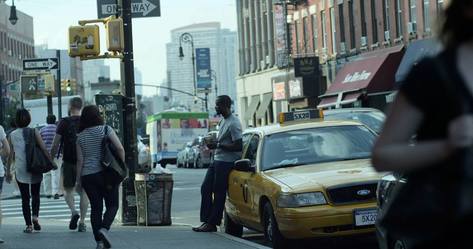 More than just a modern retelling of the classic immigrant story, Takeshi Fukunaga's Out of My Hand is a film of great humanity, detailing the exploits of its main protagonist, Cisco, capturing his perseverance, doubt, pain, and hope that encompass his day-to-day existence. A native of Liberia, Cisco lives a quiet, hard life as a rubber plantation worker, slaving long hours in the forest, extracting the latex from the early hours of the morning until dusk. When a workers' strike emerges over insignificant wages and long hours, Cisco finds himself questioning his current situation for the first time in a long time, opting to risk everything for the promise of a better life in New York City. On his arrival in New York, Cisco befriends various members of NYC's small Liberian community, but when he meets the mysterious Jacob, demons from Cisco's past life in Liberia begin to emerge. Out of My Hand opens in the forests of Nigeria, following Cisco in his day-to-day duties as a rubber farmer. Featuring intricate cinematography, the film captures the wear-and-tear of Cisco's livelihood - the dirty hands, callused feet, and generally taxing workload he partakes in on a day-to-day basis. Out of My Hand is a film that is weary of the immigration dream, showing the tough conditions of Cisco's life in Nigeria while simultaneously questioning whether life in another country, notably America, would be any better. The film argues that poverty is prevalent everywhere, capturing how this type of desperation can lead to an individuals self-manufactured opportunity for success they see in migration. Cisco is such a character, but what makes him different is the fact that he himself knows America is no godsend, yet he decides it's his way out of Liberia. What at first seems to be a completely financial decision becomes much more complicated than that, as it becomes clear that Cisco's journey to America is not simply financial but also about the need to free himself from the chains of Liberia, a country that haunts him due to a troubled past. This is why I would call Out of My Hand a film that is far more human than political, as it's a film that acknowledges the raping of Africa by Western Capitalism but it never lets this theme cloud the overall personal journey of its main protagonist, Cisco. Played with great weight by Bishop Blay, Cisco is a character who has experienced a lot in his lifetime, and the actor brings a great, worn in presence to his performance, making the viewer question what haunts this man. America doesn't offer Cisco the promise of financial security but it does offer him an ability to attempt to start over in a new place, enabling this man to escape from his past and find some sense of hope in his psyche. The ending sequence of Out of My Hand perfectly encapsulates the thematic elements of the film - a simple sequence that sees Cisco changing a tire on his car. Just like the beginning scene of the film, Out of My Hand exhibits Cisco getting his hands dirty, doing what he needs to do to move forward, as the film draws parallels between his work as a Taxi driver and that of a Rubber Plantation worker. Both these jobs are blue-collar labor that is one-in-the-same on the surface, but perhaps what Out of My Hand is trying to say is that the surface or facade isn't everything, as for Cisco, simply being in America and away from Liberia offers him some sense of freedom and hope to start anew. 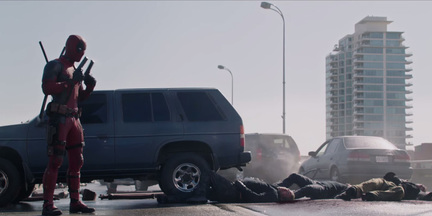 Winner, by-far, in the best use of Ryan Reynolds in a comic book movie category, Tim Miller's Deadpool is ultra playful, super violent, and self-deprecating enough to take a rather generic hero storyline and turn it into an entertaining way to kill a few hours in a movie theater on a hot day. Deadpool is the story of Special Forces operative turned mercenary Wade Wilson, who has just recently met Vanessa, a woman he eventually will ask to be his wife. When tragedy strikes in the form of aggressive cancer, Wade Wilson subjects himself to a rogue experiment, which leaves him physically mutated and with unique, accelerated healing powers. Unable to come face-to-face wtih Vanesss after these unsanctioned experiments left him extremely scarred, Wade Wilson who now goes by his alter-ego Deadpool, sets out for revenge against the man responsible for these grotesque experiments which almost took his life. Tim Miller's Deadpool is a film that wears itself on its sleeve, never taking itself too seriously, while delivering a fun, over-the-top comic book movie that pokes and prods, making fun of the very genre it's a part of. Featuring a much more comical approach than viewers are accustomed to from these types of films, Deadpool aims for comedy, and while it succeeds quite often, the film's over-the-top playfulness can only mask the inherent problems with the narrative for so long. Deadpool's story succumbs to many of the same tropes which plague nearly all comic book movies, as it becomes clear that this character's origin story is really no different than what we've seen before, with its generic elements simply being well-hidden under the gloss and glean of this playful, anti-hero character. Throughout this film Deadpool himself laments about not being a hero and while the film manages to keep this idea at bay for stretches, the film itself succumbs to its superhero tropes. While watching Deadpool I found myself wishing that the film would have been more ballsy and gone all out in the anti-superhero aspect of the film, fully embracing a character in Deadpool who never plays by the rules of society or the comic book genre he inhabits. The film certainly embraces this mindset but it never pays it off in the end, using an oscillating narrative that jumps between past and present as a way to make the rather straightforward story more interesting, successfully hiding its shortcomings due to this sly, storytelling approach .While I couldn't help but wish Deadpool would have even pushed the envelope further, Tim Miller's creation is certainly an entertaining experience, featuring enough witty comedy and outlandish violence to appease many filmmakers looking for a comic book film with a different attitude. 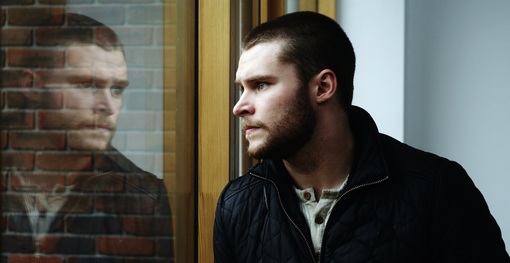 Gerard Barrett's Glassland is a film about a good, honest man who finds himself in a desperate situation, being an examination of morality, love, hope, and loss. The film is centered around John, who lives with his mother, Jean, in South Dublin. Eeking out barely enough money as a taxi driver to support himself and his mother, John finds himself at the end of his rope, due primarily to his mother's crippling alcohol addiction. On a daily basis John returns home from working the night shift to find his mother unconscious from copious amounts of alcohol. Jean violently rejects any attempt John makes to truly help her, but after her latest hospitalization due to excessive drinking, John decides that his mother's only hope may be a private rehab center. With no insurance or financial means to afford such a facility, John is forced into the world of petty crime, testing his own morality in an attempt to help save his mother from her crippling addiction. Tough, spare, and honest, Gerard Barrett's Glassland is not an easy experience, being a film deadset on capturing the destructive capabilities alcohol addiction can have on loved ones. Told almost entirely through the eyes of John, Glassland is a film that asks the tough questions about love and family, exploring a man who finds his empathy and love for his mother tested by her volatile and vicious nature. Played wonderfully by Toni Collette, John's mother, Jean, has a presence before she even graces the screen, with Glassland's cinematography presenting a home covered in shadows, where not much sunlight penetrates the dark hallways and poorly lit rooms of the household. This darker, colder, visual palette creates a lot of silhoutte imagery, as Glassland uses these visuals as a visual representation of the emotions of John as a character, a man whose good-nature is slowly being consumed by the darkness of his mother's volatile addiction. Toni Collette's Jean character can be quite monstrous at times, but Glassland still offers moments of tenderness and empathy, exhibiting a woman whose vulnerability led her to the bottle, a character who deep down wants to get better but simply can't conquer her own demons. John is a character who is being buried by his mother's actions, and while one could never question his love and commitment towards his mother, Glassland makes it clear that this is a burden that in turn may bury him in the process. Essentially the complete opposite of a feel-good movie, Glassland is far from an easy watch, but the way the film explores one man's burden is a fascinating one, with the filmmakers making the tough statements about love and the tough decisions such as letting go of those who can't be saved. |
AuthorLove of all things cinema brought me here. Archives
June 2023
|
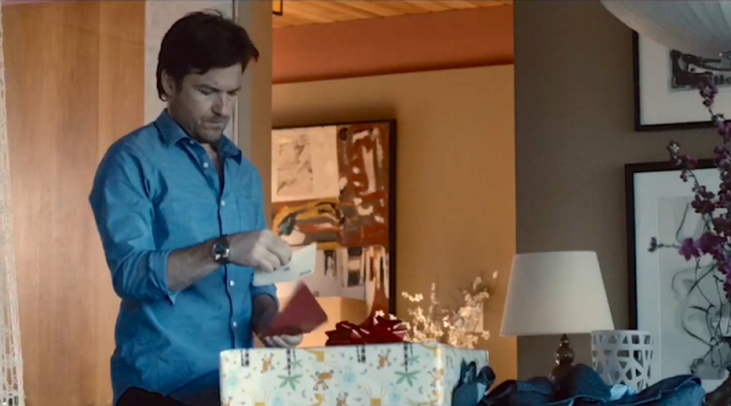
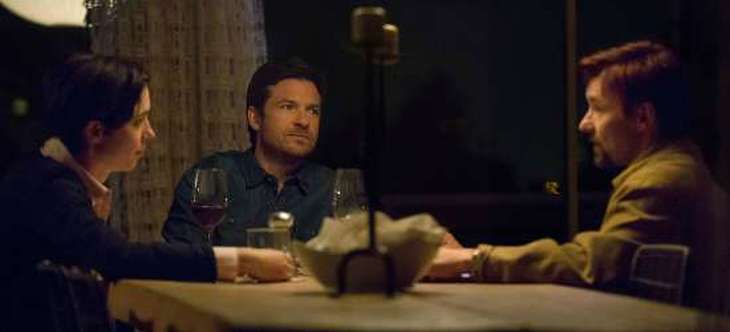
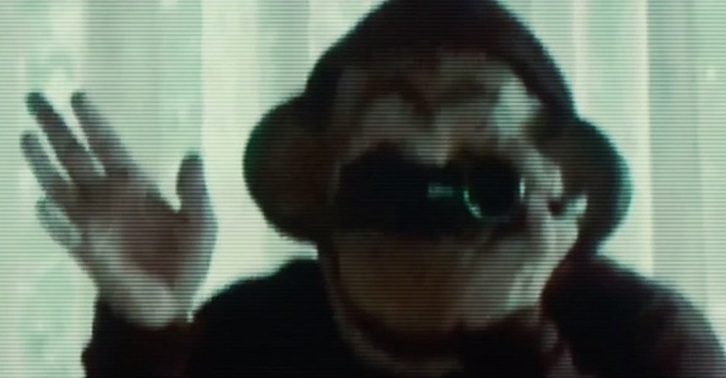
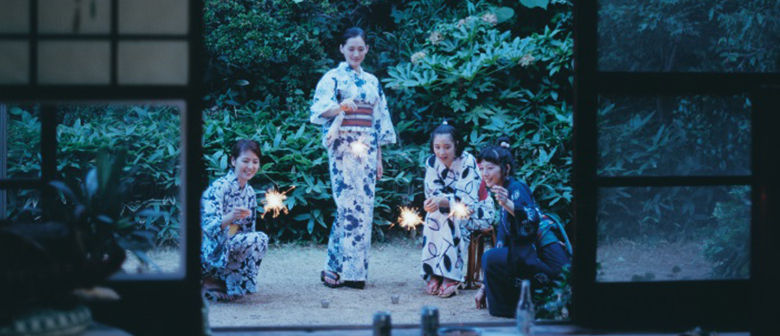
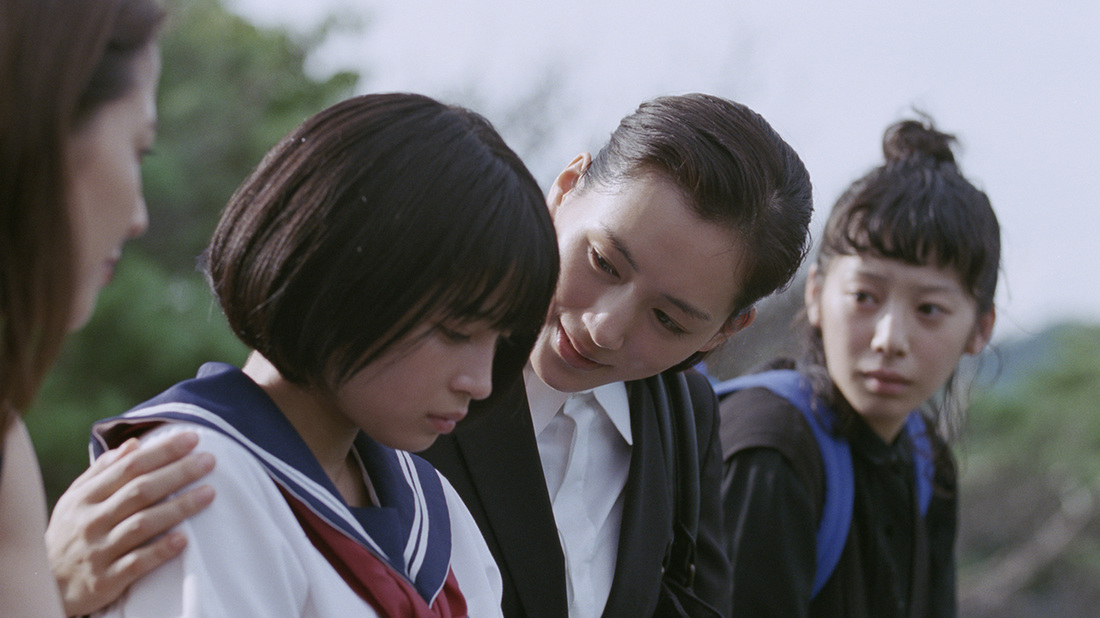
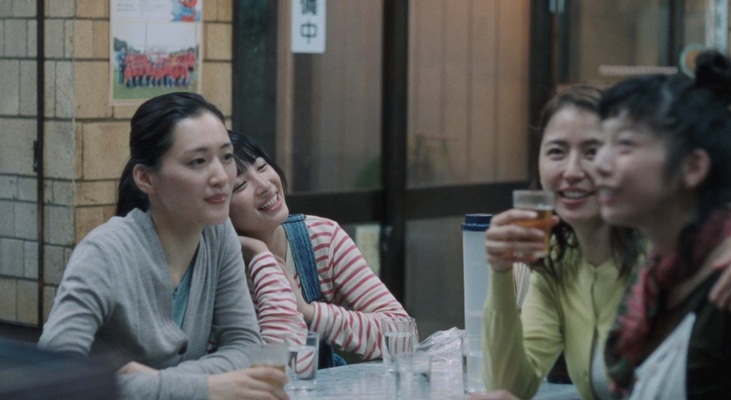
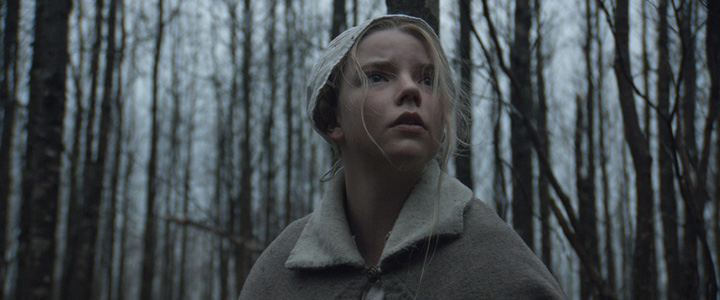
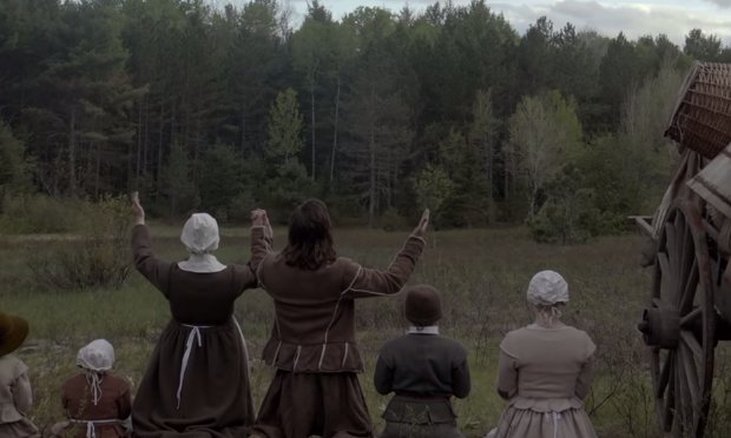
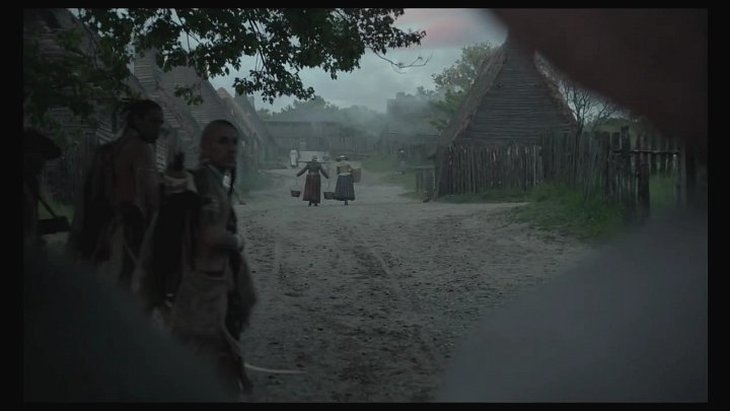
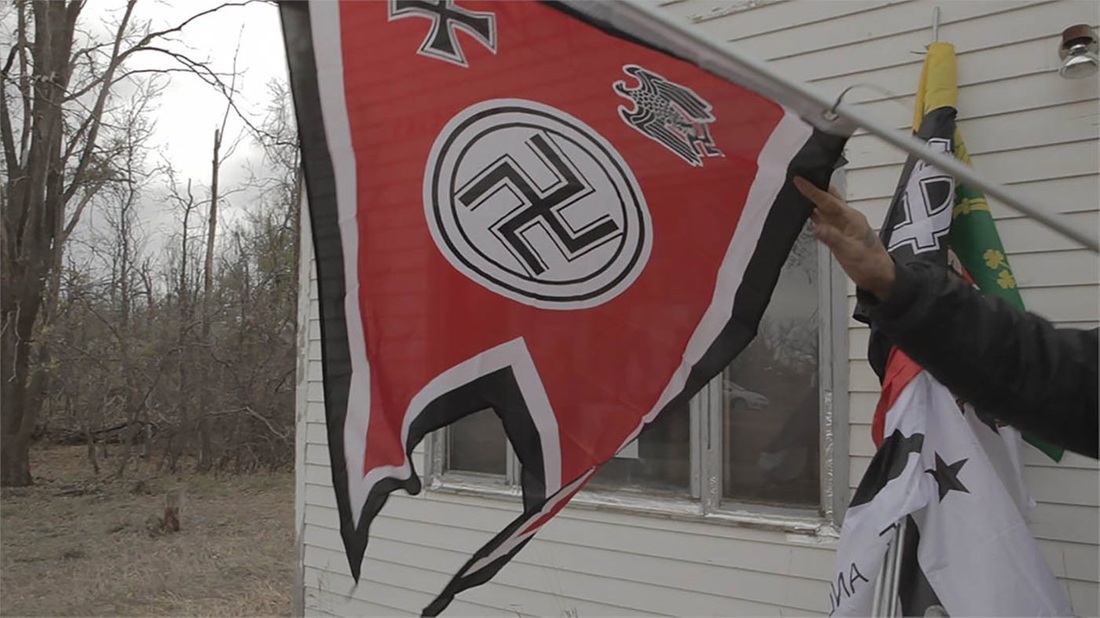
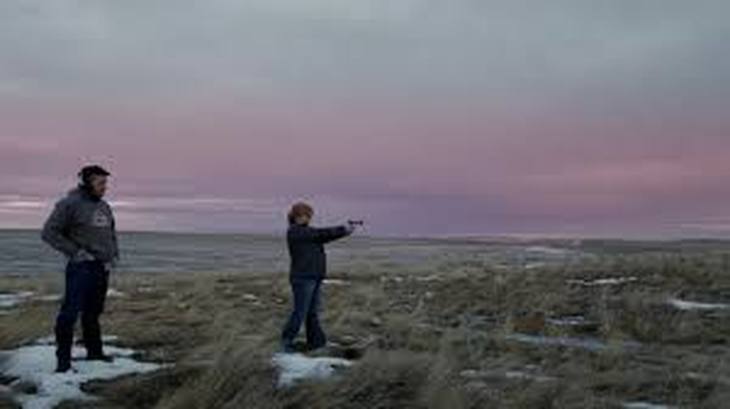
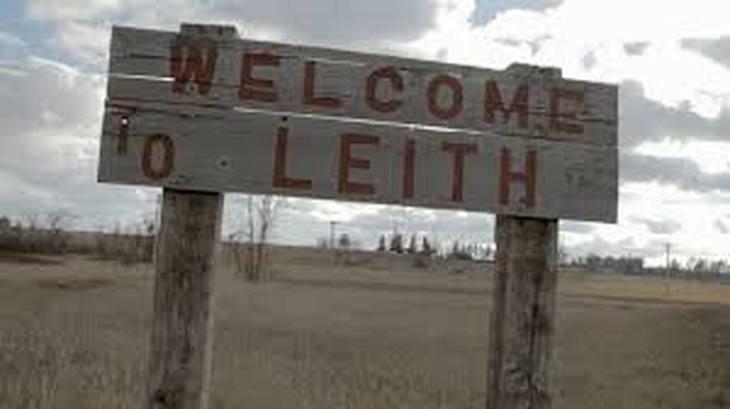
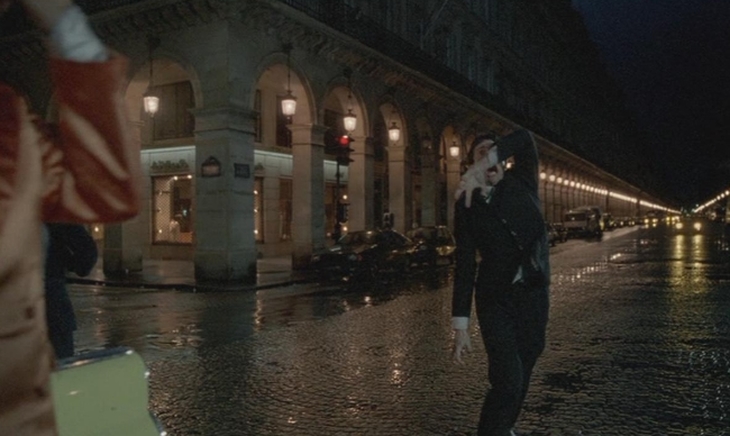
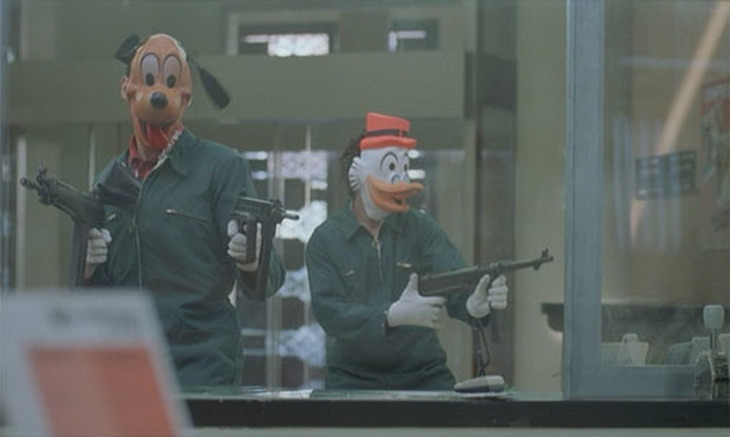
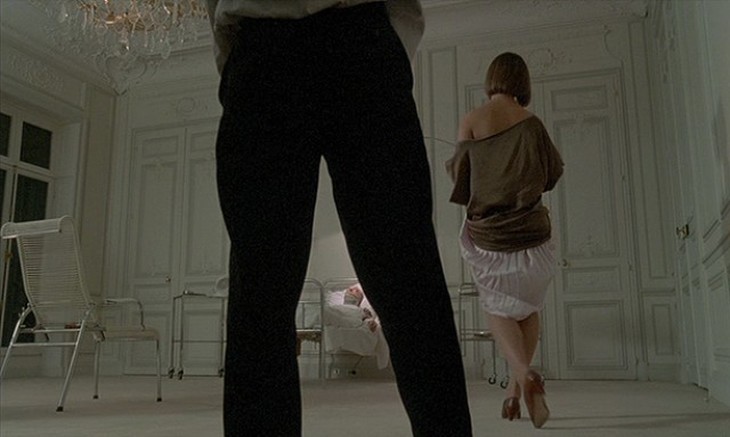
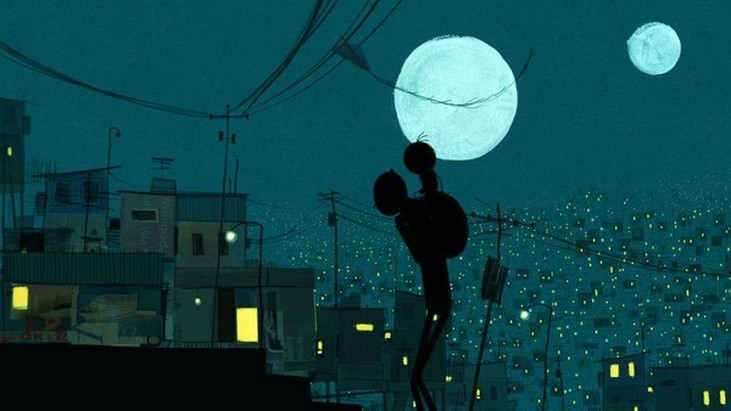
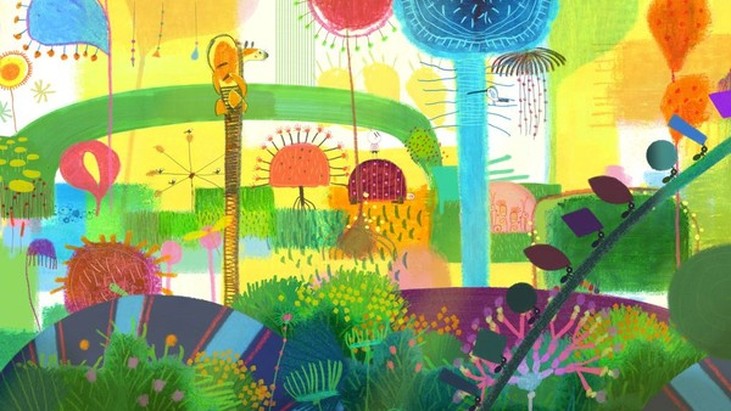
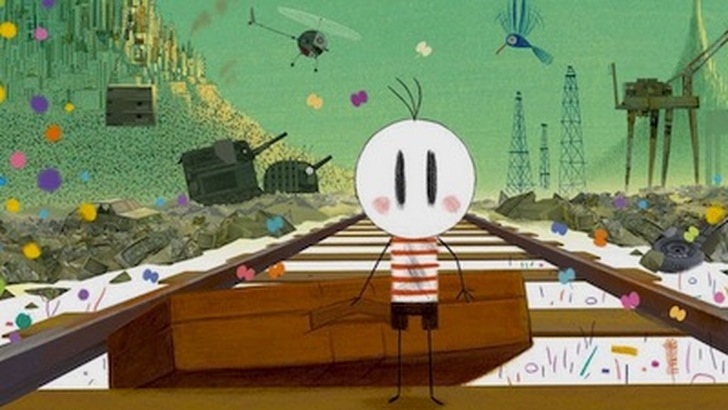
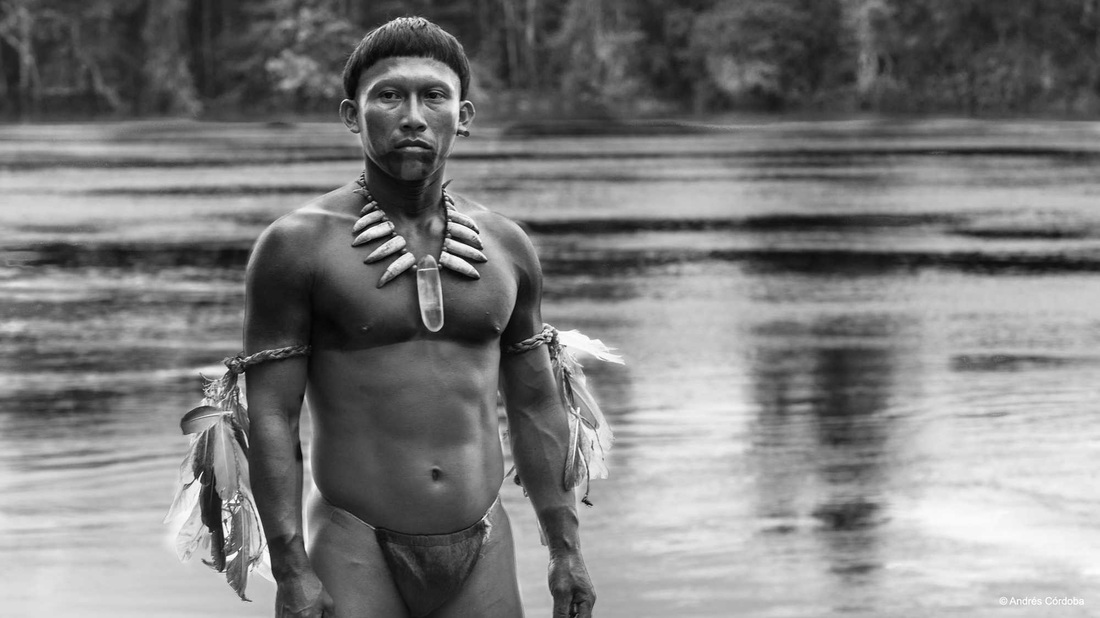

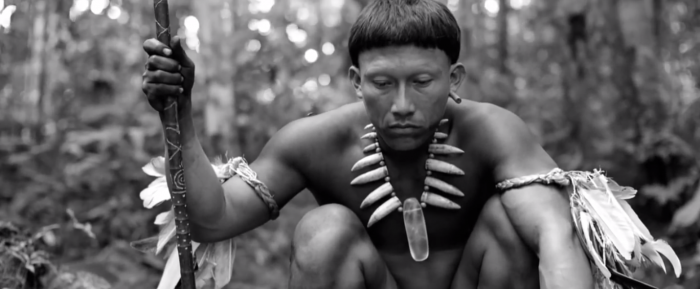
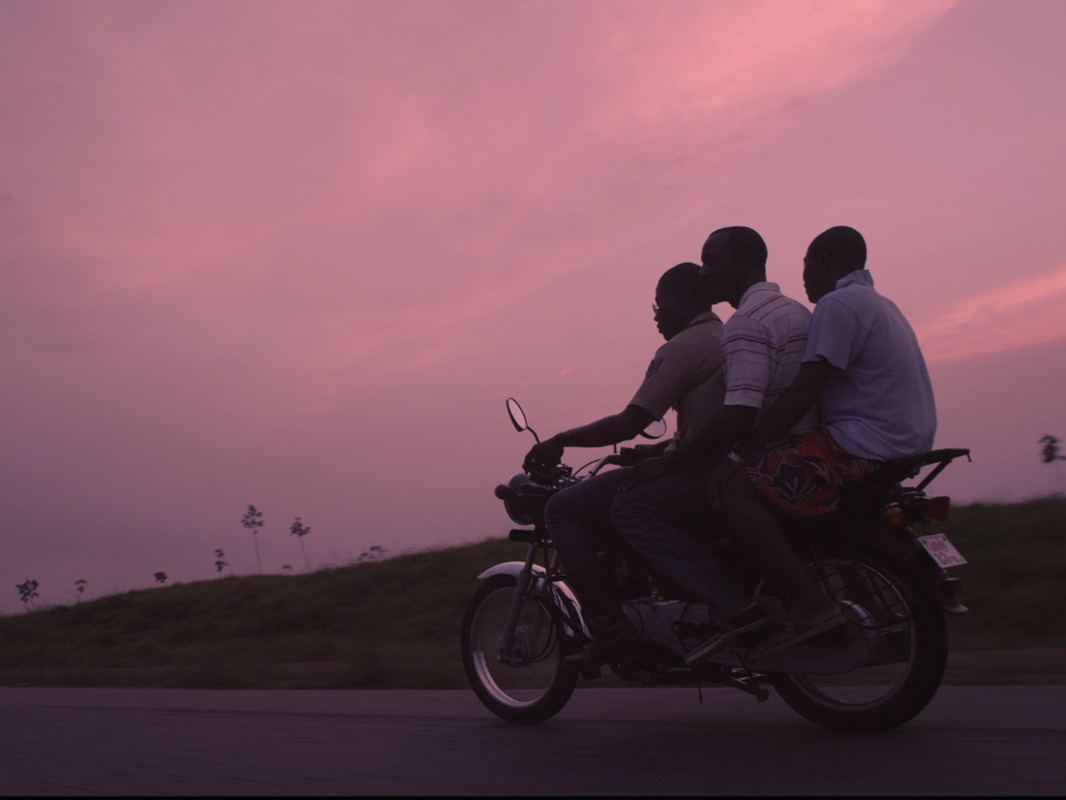
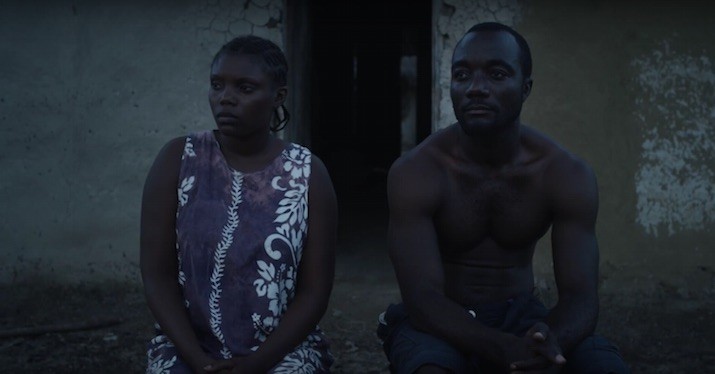
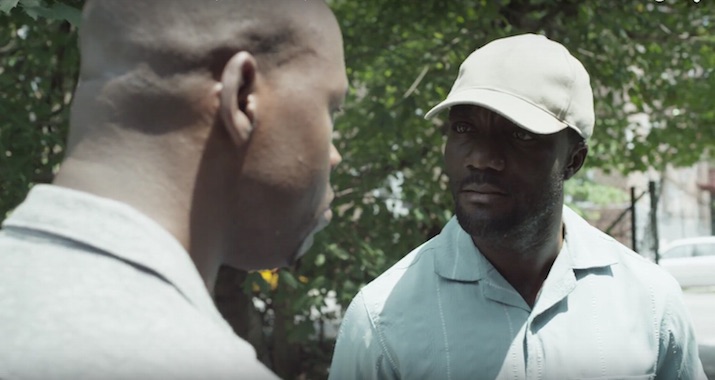
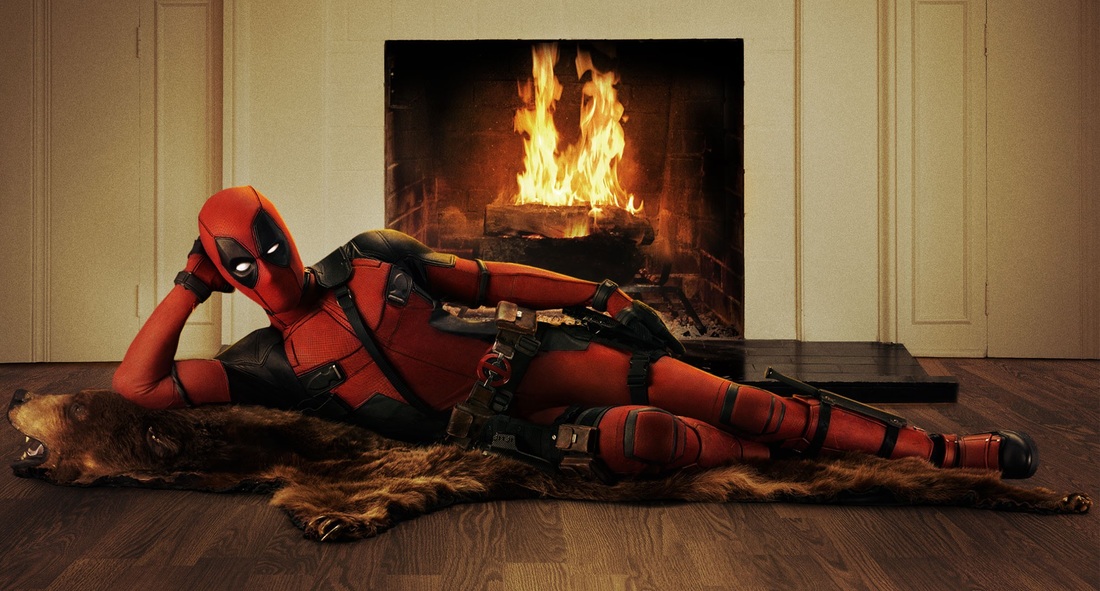

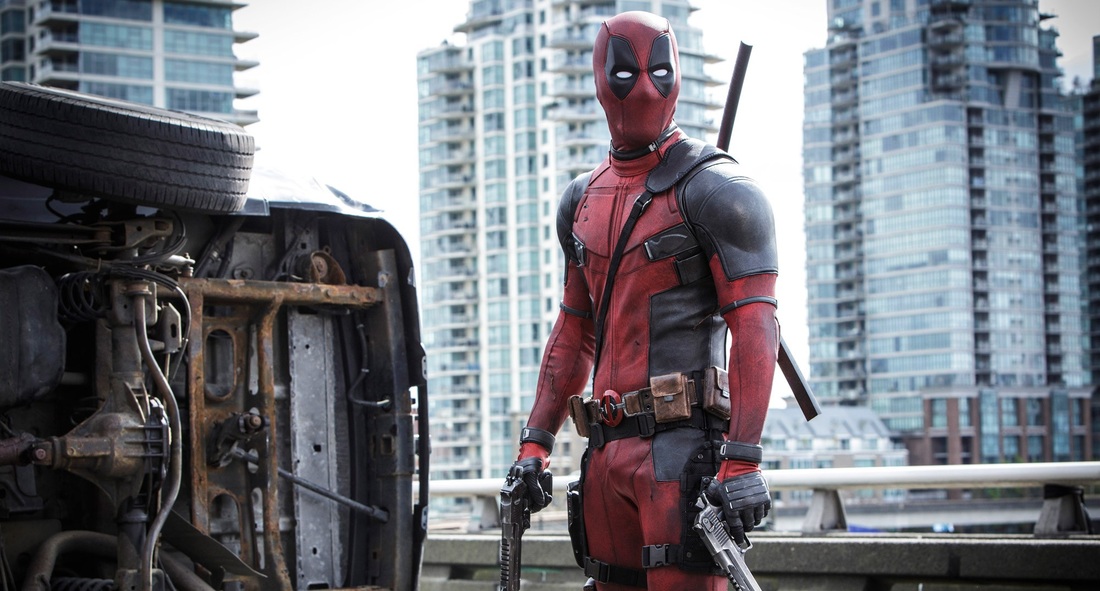
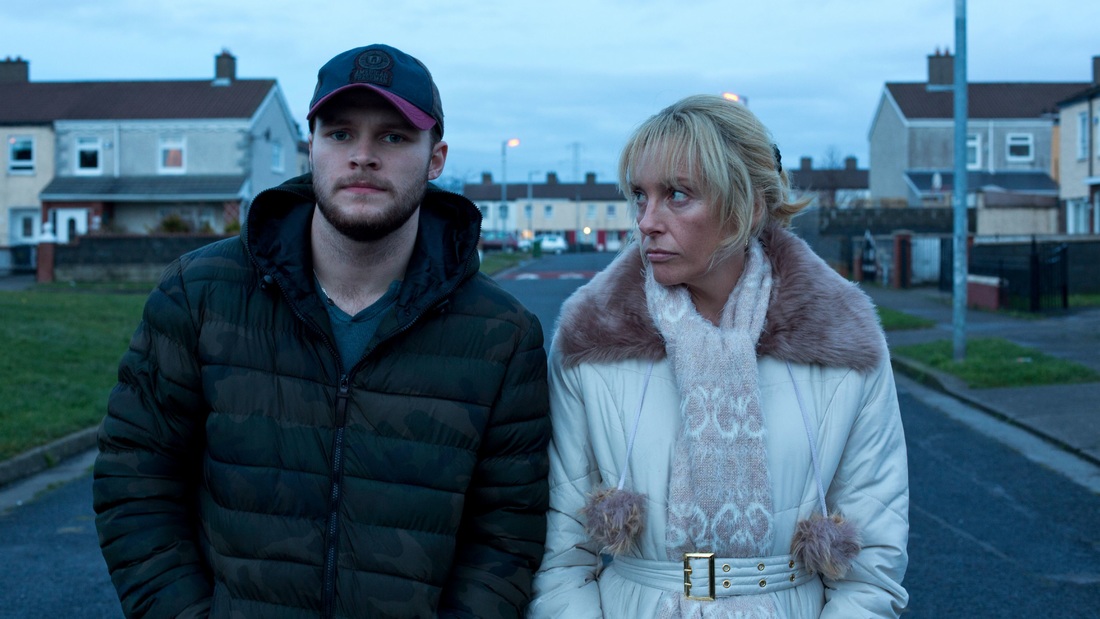
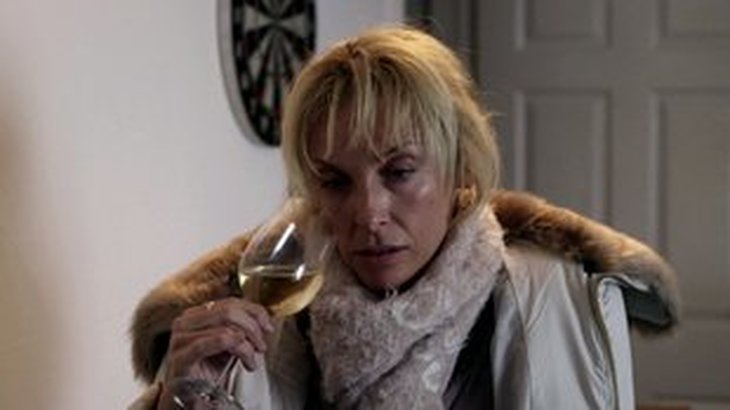

 RSS Feed
RSS Feed
